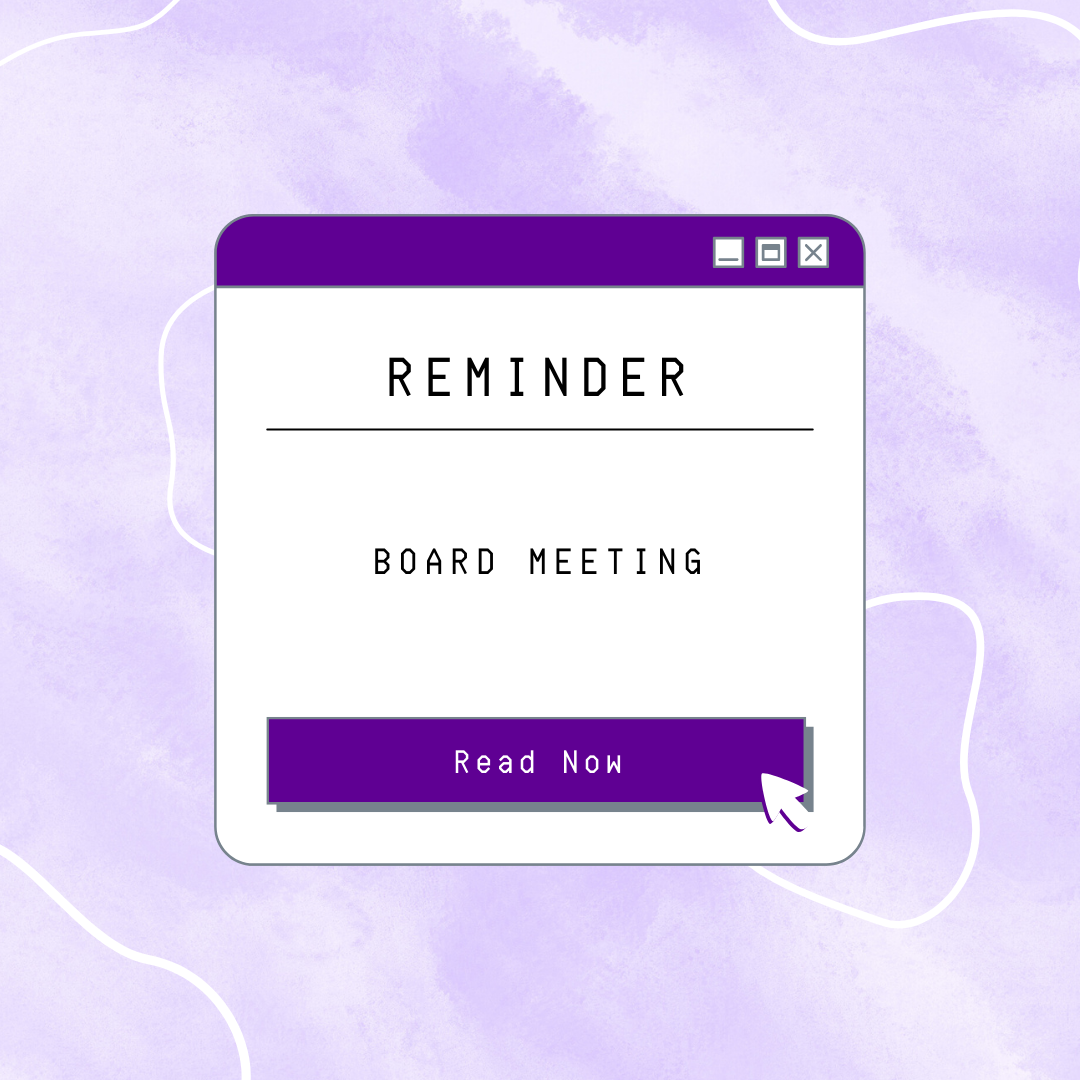The brightly lit screen pierces the dark room with just a tap, offering a person a universe of apps and social connections at their fingertips. In this digital world, there is anything you could imagine. But what about the freshly cut grass in the real world, or the tall and lengthy trees that fill a forest? A screen can hold one’s attention for a while, but what will that person miss in the world around them if they remain consumed by a phone?
Phones have become incredibly useful devices, helping us communicate with distant loved ones, offering work tools and providing countless educational opportunities. However, according to Backlinko, an organization devoted to providing in-depth SEO training and resources, the average person now spends six hours and 40 minutes a day on their phone, raising concerns to some about how screen time might be affecting our connection to the world around us.
In just a week based on that data, screen time can turn into 48 hours and 40 minutes. In a month, about 200 hours becomes the reality. A year? Then the average person can spend about 2,433 hours staring at their screen.
Sophomore Ava DeWig knows that there is value to being on her phone, even if others might view it as a waste of time.
“Something I love about spending time on my phone is just being able to connect with people all over the world,” DeWig said.
Additionally, there are numerous other helpful things a phone can provide. For example, at the tap of a few letters on a screen, you have access to any information at any given time.
While phones provide access to information in an instant and enhance our ability to communicate, they can also pull us away from the moment. This was evident one Friday night during a birthday celebration for Ana Liakas’ friend, Taylor. Ana found herself crammed next to others, fighting for any inch of space she could get in the chaotic living room full of people surrounding Taylor. They surrounded her not with their attention on her opening her gifts, but rather on their glowing screens that display whatever they desire. When Taylor opened her third gift, Ana glanced up from her phone with a sigh as she realized no one was watching Taylor smile while holding up her unwrapped gift, herself included. “Guys, let’s watch her open her gifts then we can go on our phones after,” Ana remembers urging , only for others to look up at her for a second and then look straight back down to be distracted by their phones.
Attention, attention, attention. Phones take up so many people’s attention. Whether it’s seeing a friend’s latest post or opening their recent snap, teenagers’ attention specifically revolves around a tiny device that fits in the palm of their hand.
As Liakas can relate, if you were to immerse yourself within a high school setting, you too could possibly see the level of attention a screen can take from a teenager’s focus. I have witnessed numerous people through the sea of students walking through the halls accidentally bump into each other because their eyes were glued to a pixelated screen.
An organization devoted to providing information on all sorts of issues, Pew Research Center, states that, “Fully 72% of teens say they often or sometimes check for messages or notifications as soon as they wake up, while roughly four-in-10 say they feel anxious when they do not have their cell phone with them.” This highlights the dependencies teenagers can have with their phones, along with how their attention can be often focused on their devices.
With some teenagers often focusing on their phones in school, the cards stay the same for outside of school. Even with hundreds of different positive things to do on a cellular device, many people who obtain a phone often spend their time on social media.
Along with most things related to phones, there are pros and cons to social media. Social media draws people’s attention very often. This is especially true for platforms such as TikTok and Instagram, where any user can constantly scroll through the app and essentially explore other people’s lives or things people post daily.
If scrolling on those apps can become addicting, how does it start? Well, according to Unplugged, “[ Social media platforms] provide you bite-sized, easy to consume content through a highly developed algorithm to serve you similar content, causing us to spend hours on our phones even if we don’t want to.”
Accompanying how addicting they can be, there is also a negative aspect to how people can make regretful decisions online and with social media specifically. Being able to post so freely can be a blessing and a curse.
As for teenagers who often enjoy posting freely online, all goes well until a feeling of regret can overwhelm them with a post they uploaded in the past. Freshman Elena Kirkwood can relate.
“On my very old account from 3rd grade, I posted some videos of me dancing that are still up on TikTok because I forgot the password to that account, so that will be up there forever,” Kirkwood said. Like others who have made similar posts in the past, this is a regret Kirkwood will hold on to for a long time.
Social media is its own online world by itself. Whether it is being able to post relatable situations for others to see or commenting on others’ posts to simply say “Real,” social media can hold anyone’s attention for long stretches of time. .
As phones take up time in our lives, give us positive and helpful devices to use and distract us with apps, especially social media, the question still fills the air: What does the real world hold over this digital world? How can we as humans take advantage of the time we have on this earth to partake in the beautiful world around us while still enjoying our helpful devices?












